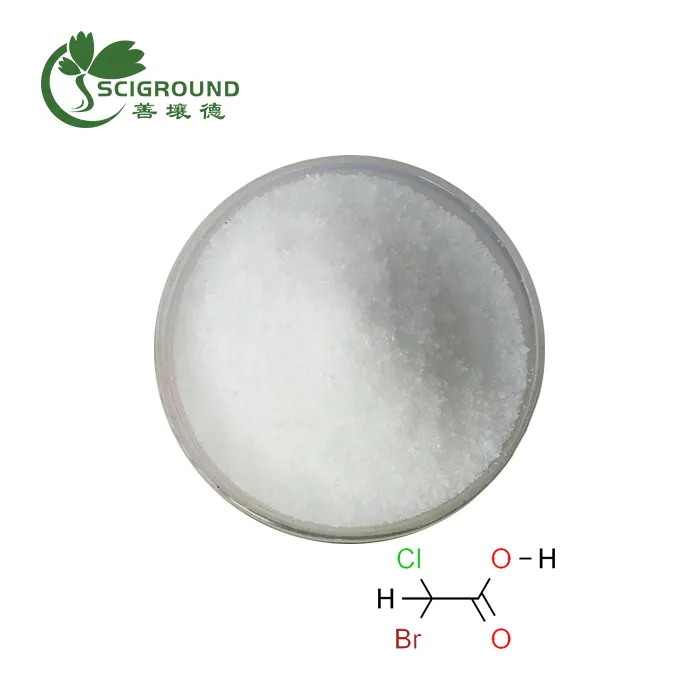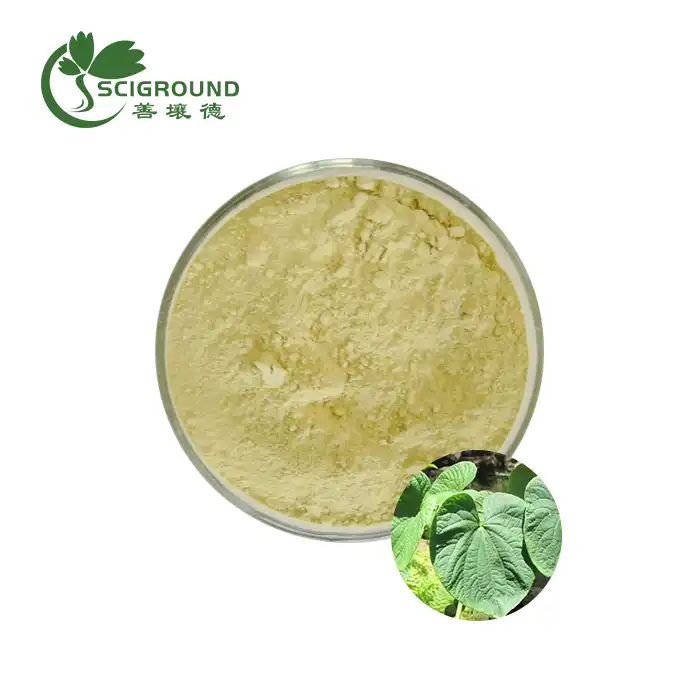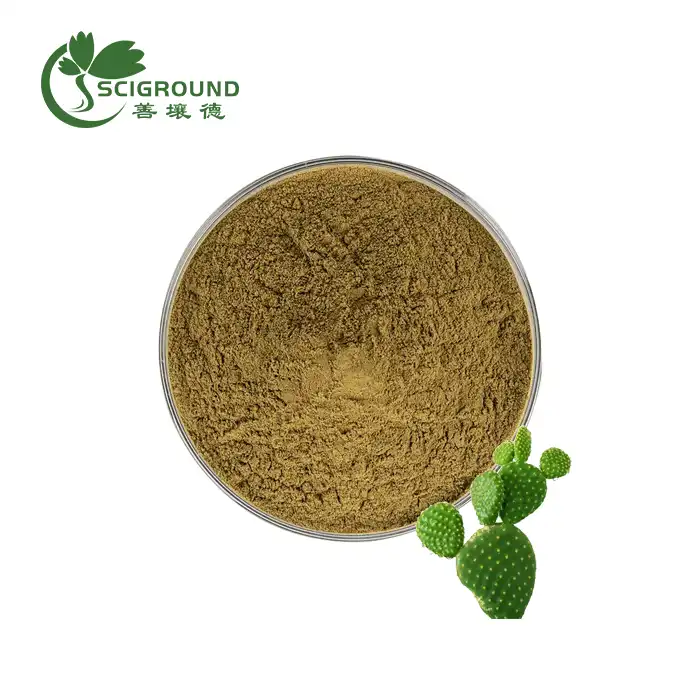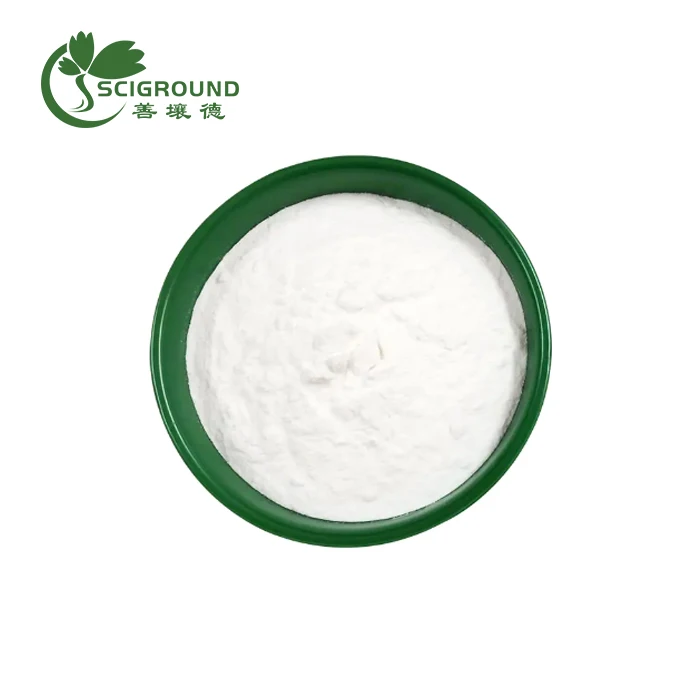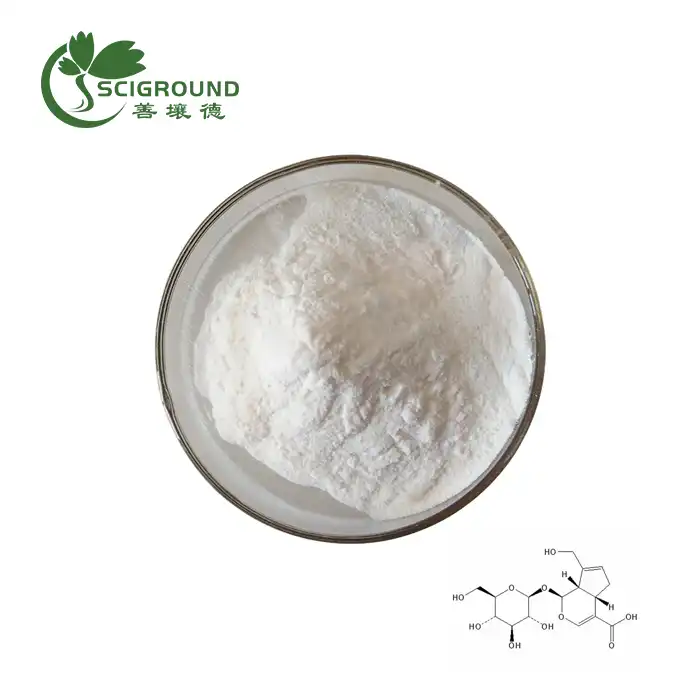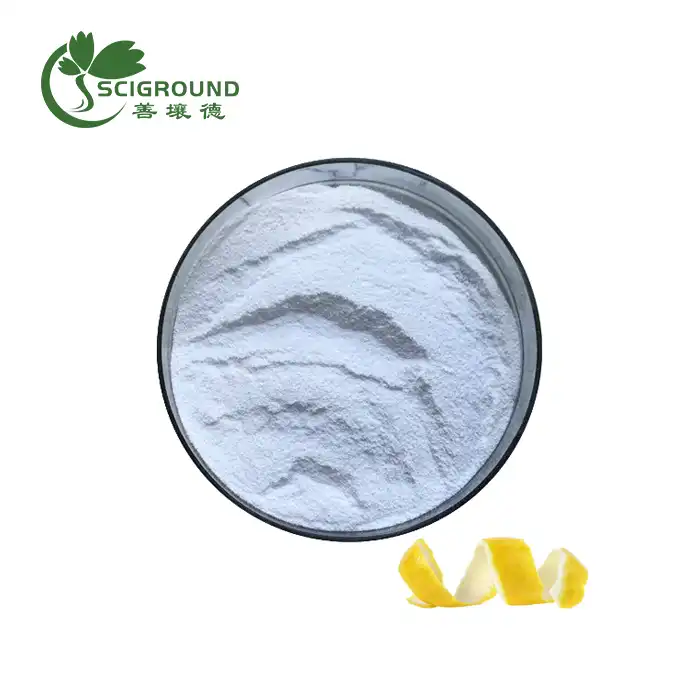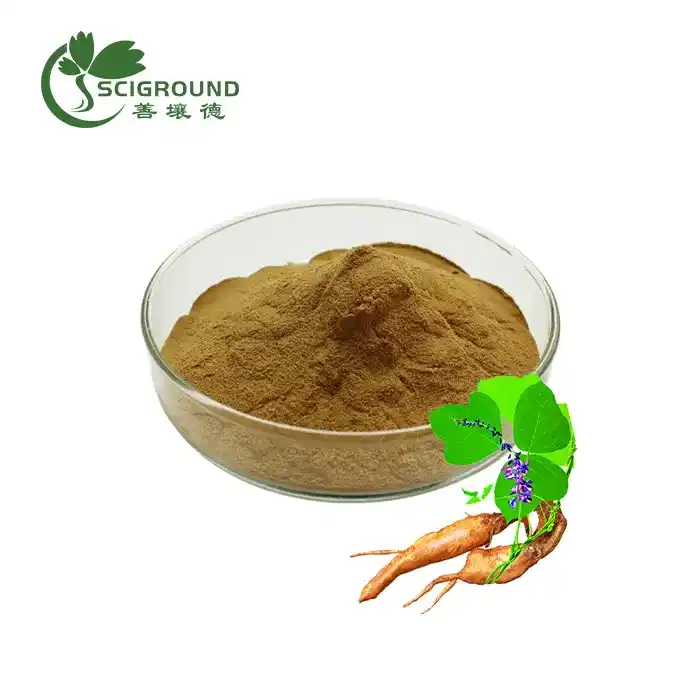What Does Inulin Do?
Bulk inulin is a type of soluble dietary fiber that has become increasingly popular in recent years for its many health benefits. But what exactly does inulin do in the body? This prebiotic fiber has a wide range of effects and uses.
Inulin is a type of prebiotic, a compound that encourages the healthy growth of gut bacteria. 1 Beneficial gut bacteria support gut health and immunity, as well as reduce disease risk. Inulin is also a type of fermentable fiber, meaning bacteria metabolize it in the large intestine.
What Does Inulin Do in the Body?
Inulin acts as a prebiotic in the digestive system. This means it provides fuel or “food” for the healthy probiotic bacteria that reside in your gut. Specifically, inulin supports growth of beneficial Bifidobacteria and Lactobacillus strains. When these good bacteria thrive, it leads to:
Improved digestion and absorption of nutrients
Enhanced immune function
Lower inflammation
Better mineral absorption
Relief of constipation
Support of overall GI health
Inulin is not digested or absorbed like other carbohydrates. Instead, it passes intact to the large intestine, where probiotics break it down and use it for energy. This gives good bacteria an advantage over bad strains, allowing protective probiotics to flourish.
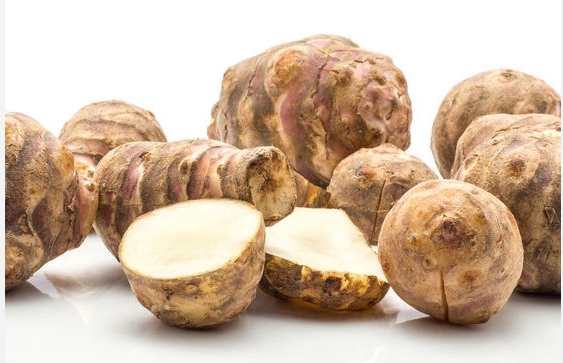
What Does Inulin Do for You?
The gut-health promoting effects of inulin fiber translate to wide-ranging benefits throughout the body:
Heart health - Inulin decreases LDL cholesterol and triglycerides to lower heart disease risk factors.
Blood sugar control - Inulin slows digestion of carbohydrates to help regulate blood glucose and insulin.
Laxation - Inulin draws water into the colon to soften and add bulk to stools, relieving constipation.
Bone strength - Inulin enhances calcium and magnesium absorption to improve bone mineral density.
Immunity - The beneficial microbiome effects of inulin boost immune function and disease resistance.
Skin health - Inulin increases collagen production and hydration for younger-looking, glowing skin.
Appetite control - Inulin promotes satiety hormones like peptide YY to curb overeating and hunger.
Sleep - By supporting serotonin levels and lowering inflammation, inulin can improve sleep quality.
Weight loss - Inulin may enhance weight management through reduced fat storage, appetite control, and optimized digestion.
What Does Inulin Do in Baking?
Inulin can be used in baking to:
Replace fat - Inulin mimics the creaminess and mouthfeel of fats, allowing you to reduce 30-50% of the oils or butter in recipes.
Replace sugar - Inulin offers 30-50% of the sweetness of sugar, allowing you to cut added sugars by using it blended with lower calorie sweeteners.
Add fiber - Just a few tablespoons of inulin powder adds 3-5 grams of prebiotic fiber to boost the nutrition of baked goods.
Improve moisture - Hygroscopic inulin helps baked goods retain moisture for a softer texture.
Enhance volume - Inulin can improve the rise for lighter, airier baked goods.
Stabilize foams - Inulin stabilizes foamed mixtures like mousses and whips.
Make dough more pliable - Inulin softens gluten to make dough easier to handle and roll out.
What Does Inulin Do to Your Stomach?
Wholesale inulin acts as a prebiotic to support the probiotics in your gut for better overall stomach health. Specifically, inulin improves stomach health by:
Promoting growth of beneficial Bifidobacteria
Supporting a healthy microbiome
Preventing overgrowth of bad bacteria
Improving digestion and absorption
Relieving constipation and diarrhea
Managing inflammatory bowel disorders like ulcerative colitis
Lowering stomach discomfort, gas, and bloating long-term
However, too much inulin too quickly can cause temporary gas or bloating until your body adjusts. Start with small doses like 2-3 grams daily and increase slowly over 2-4 weeks.
What Does Prebiotic Inulin Do?
As a prebiotic fiber, inulin provides “food” for the probiotic bacteria in your intestines. It promotes growth of beneficial strains like Bifidobacterium and Lactobacillus to cultivate a healthy gut microbiome.
Specific effects of prebiotic inulin include:
Lowers inflammatory cytokines
Increases butyrate production
Reduces stool pH
Lessens colonization by pathogens
Optimizes gut motility
Boosts mineral absorption
Improves intestinal barrier function
Enhances immunity and disease resistance
By supporting probiotic strains and gut health, prebiotic inulin offers whole-body benefits.
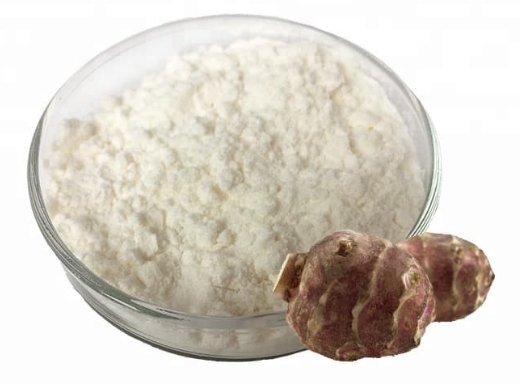
What Does Inulin Powder Do?
Inulin powder acts the same as inulin from foods - as a prebiotic fiber to feed your gut microbiome. The effects include:
Balances populations of good vs. bad bacteria
Improves digestion and absorption
Relieves constipation
Supports immunity and overall health
The benefit of inulin powder is it allows you to get a concentrated daily dose of prebiotic fiber. Just 5 grams of inulin powder provides the same prebiotic effect as the inulin in pounds of chicory root or onions.
Inulin powder mixes easily into smoothies, oatmeal, baked goods or other foods. It has a mild flavor, making it versatile to add to sweet and savory items.
What Is Inulin Used for in Personal Care Products?
In skin care and hair products, manufacturers use inulin for its benefits as a natural humectant and emulsifier:
Moisturizing - bulk inulin powder attracts and binds water to moisturize skin and improve hydration.
Softer skin - Inulin has an emollient effect to smooth and soften rough, dry skin.
Stabilizer - Inulin stabilizes emulsions to create smoother liquid products and prevent separation.
Thickener - At high enough levels, inulin can thicken creams and lotions for richer texture.
Surfactant booster - Inulin enhances the effects of cleaning agents in shampoos and cleansers.
Conditioning - Inulin coats and conditions hair strands to boost shine and manageability.
How Long Does Inulin Stay in Your System?
Inulin is not absorbed or metabolized like other nutrients. Instead, it passes intact to the large intestine where gut bacteria ferment and break it down.
This fermentation process happens relatively quickly. Research shows inulin is typically fermented by intestinal bacteria within 36 hours. So most prebiotic fibers clear your system 1.5-2 days after consumption.
However, organic inulin powder bulk does stimulate lasting changes to your microbiome diversity and populations of good bacteria. These benefits continue over time with regular inulin consumption.
What is Inulin in Dog Food?
Inulin is added to some commercial dog foods as a prebiotic to support canine digestive and immune health. Inulin selectively feeds beneficial Bifidobacteria and Lactobacilli strains in a dog’s gut.
Research shows inulin supplementation in dogs increases populations of protective bacteria, enhances nutrient absorption, and reduces gut inflammation and fecal pH.
Inulin may also help manage acute and antibiotic-associated diarrhea in dogs by restoring balance to the GI microbiome. Most pet food inulin comes from chicory root extracts.
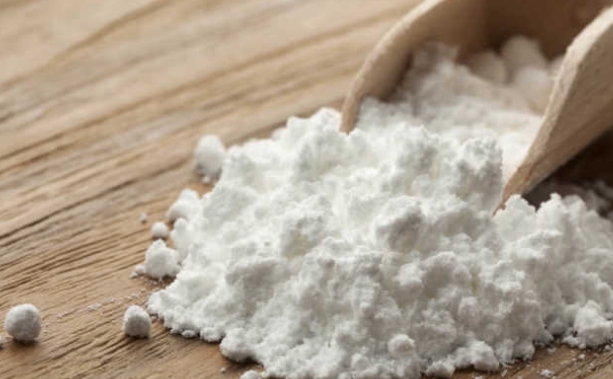
How Much Inulin Per Day?
Most human studies showing benefits of bulk organic inulin powder used dosages between 2 to 30 grams per day. Start with a lower dose around 5 grams daily and gradually increase over 2-3 weeks.
Split your daily intake into smaller doses with meals. Take no more than 10 grams at one time to minimize potential gas or bloating when first starting.
Work up to 10-20 grams per day for maximal prebiotic effect. Then cycle off inulin for 1 week every 2-3 months to allow your gut microbiome to rebalance on its own.
What are the Benefits of Inulin?
Key benefits of prebiotic inulin fiber include:
Increased calcium and magnesium absorption
Lower cholesterol and improved heart health markers
Better blood sugar regulation and insulin sensitivity
Growth of beneficial Bifidobacteria and Lactobacilli
Relief of constipation and support of regularity
Potential anti-cancer and anti-tumor effects
Increased satiety and possible weight management benefits
Reduced inflammation throughout the body
Improved skin hydration and appearance
Enhanced immune function
Is it Safe to Take Inulin Daily?
Yes, inulin is safe to consume daily according to extensive research. The European Food Safety Authority has approved intakes up to 30 grams per day with no adverse effects.
Most people tolerate inulin well at dosages under 20 grams per day. Start at 5 grams daily and slowly increase over 2-4 weeks while monitoring any digestive discomfort. This allows your body to adjust to the prebiotic effects.
It’s also reasonable to give your body a break by cycling off inulin for 1 week every 1-2 months after taking it daily for an extended period.
What is the Action of Inulin?
Inulin exerts its effects through the following mechanisms:
Prebiotic – Inulin feeds and sustains probiotic bacteria strains like Bifidobacterium.
Lower pH – Inulin leads to production of short-chain fatty acids like butyrate that reduce gut pH.
Mineral absorption – The improved gut environment enhances uptake of minerals like calcium and magnesium.
Motility – Inulin increases stool bulk and softness while stimulating gut contractions.
Satiety – Inulin increases levels of appetite-regulating hormones like peptide YY and GLP-1.
Cholesterol – Short-chain fatty acids from inulin lower cholesterol production and absorption.
Anti-inflammatory – Inulin reduces inflammatory compounds to lower disease risk throughout the body.
Does Inulin Reduce Belly Fat?
Emerging research suggests inulin may help reduce abdominal fat:
Inulin lowers fat storage hormones like insulin to inhibit belly fat accumulation.
It boosts satiety hormones like peptide YY to curb overeating linked to belly fat.
Inulin feeds good bacteria like Bifidobacteria that are depleted in obesity.
The prebiotic effects enhance digestion and motility to prevent stagnating belly bloat.
While many studies show promising effects on fat storage and weight, more research is still needed specifically on belly fat reduction.
If you need to buy bulk inulin powder in wholesale price, please contact us at email:info@scigroundbio.com.
References:
[1] Inulin-type fructans: A review on different aspects of biochemical and pharmaceutical technology. https://www.ncbi.nlm.nih.gov/pmc/articles/PMC7151159/
[2] Inulin and Bone Health: A Review. https://www.ncbi.nlm.nih.gov/pmc/articles/PMC6113416/
[3] The Effects of Inulin-Type Fructans on Skin Health: A Review. https://www.ncbi.nlm.nih.gov/pmc/articles/PMC6048861/
[4] Inulin: Properties, health benefits and food applications. https://www.sciencedirect.com/science/article/pii/S0924224418300861
[5] Prebiotic inulin: Useful dietary adjuncts to manipulate the gastrointestinal microbiota. https://www.sciencedirect.com/science/article/abs/pii/S1756464617300754
ABOUT AUTHOR

Celine Xu is a botanist with over 15 years of experience researching and developing plant extracts for nutritional and pharmaceutical applications. She leads an R&D team focused on identification, cultivation and extraction of medicinal plants. Celine Xu earned a Ph.D. in Plant Biology has authored numerous articles in peer-reviewed journals about the health benefits of specific phytochemicals. She frequently speaks at industry conferences about new developments in plant extract research. Celine Xu is dedicated to advancing the scientific understanding of how targeted plant compounds can be used to improve human health.
Related Industry Knowledge
- What is the best time to take fisetin?
- What does white kidney beans do for skin?
- Is Vitamin E Powder good for your skin?
- Inulin Foods
- What is the most effective form of quercetin?
- What are the different forms of quercetin?
- are potatoes a good source of protein
- Capsaicin vs Capsicum
- Corn Silk Benefits
- Unraveling the Science Behind L-Leucine
